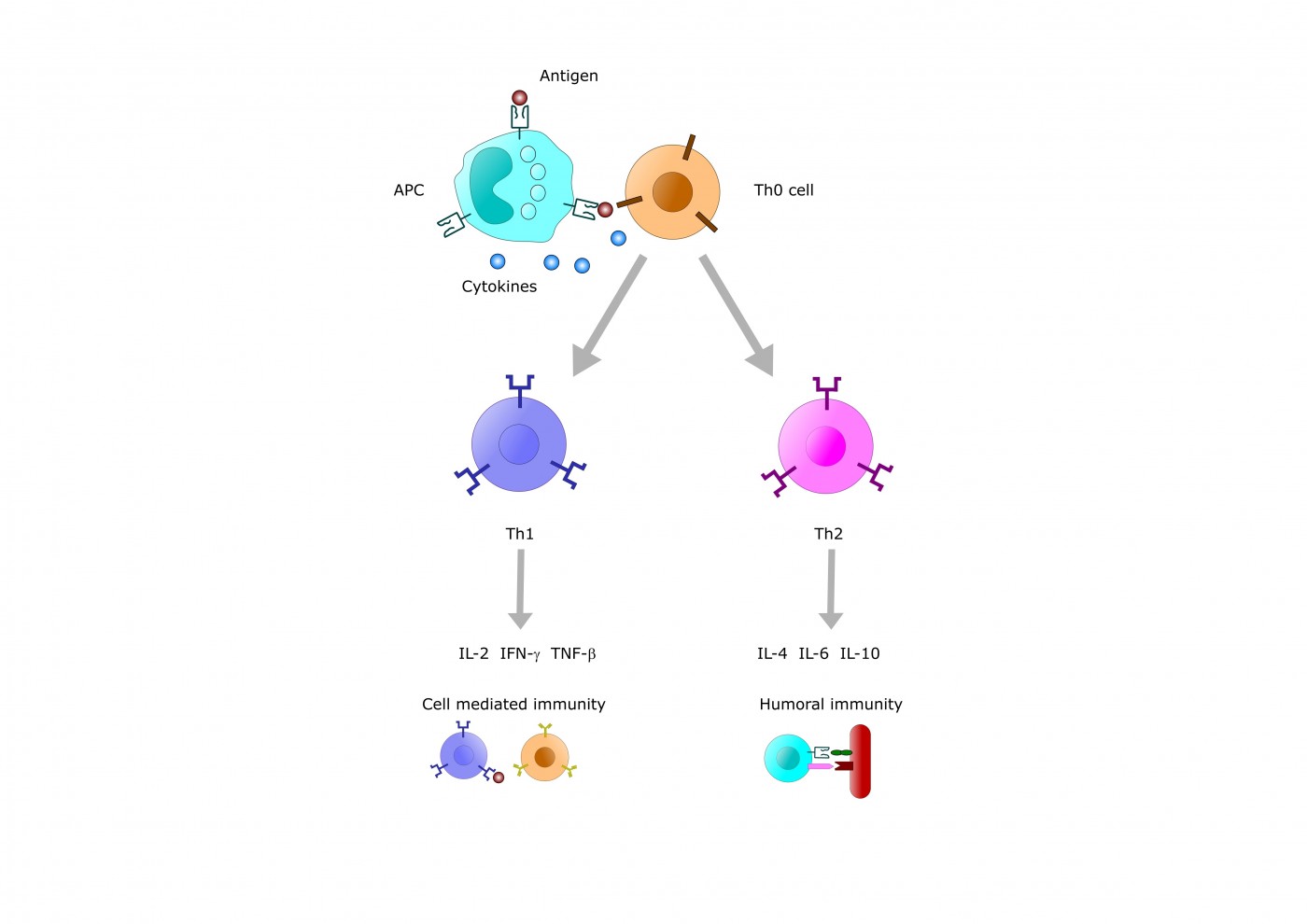In a special issue of the journal Immunotherapy a group of experts discuss the latest developments in adoptive cell immunotherapy and new strategies to further enhance its use as a cancer treatment.
Adoptive Cell ImmunoTherapy (ACT) is a personalized cancer therapy that consists of activating and expanding patients’ immune cells in vitro with direct anti-tumor activity, posteriorly reintroducing these cells back into the patient. The technology became possible when researchers discovered a growth factor for a type of specialized immune cells (T cells), the interleukin-2 (IL2), which allowed growing T cells ex vivo (outside the living body) without losing their effector functions. Several studies provide accumulating evidence that indeed ACT results in tumor regression, establishing ACT as a highly effective treatment for cancer patients.
In this special issue, researchers present and discuss the latest advances in ACT, including the use of pre-clinical models, immune monitoring in ACT and how ACT is differentially developed for specific forms of cancer, such as melanoma, glioblastoma and ovarian cancer.
Jonathan Wilkinson, Managing Commissioning Editor at Immunotherapy commented, “Adoptive cell therapy is currently one of the most intensely researched strategies within cancer treatment, and in recent years we have seen some truly promising advances in treating certain types of cancer. Because several challenges remain in the application of adoptive cellular therapy to a wider range of solid and hematological cancers, we invited internationally renowned experts to highlight the most important emerging concepts within this field. We hope that these potential strategies that may extend the effects of ACT, and ultimately, improve treatment options for a wider range of tumor types and cancer patients.”
Philip Darcy and Paul Neeson, both guest editors, added, “The early promise of adoptive immunotherapy is now coming to fruition, with exciting clinical responses being reported against various cancers. In this issue, experts in the adoptive immunotherapy field are proposing exciting potential strategies for enhancing the current success of ACT.”
The ACT special issue covering reviews, editorials and comments is available here.


